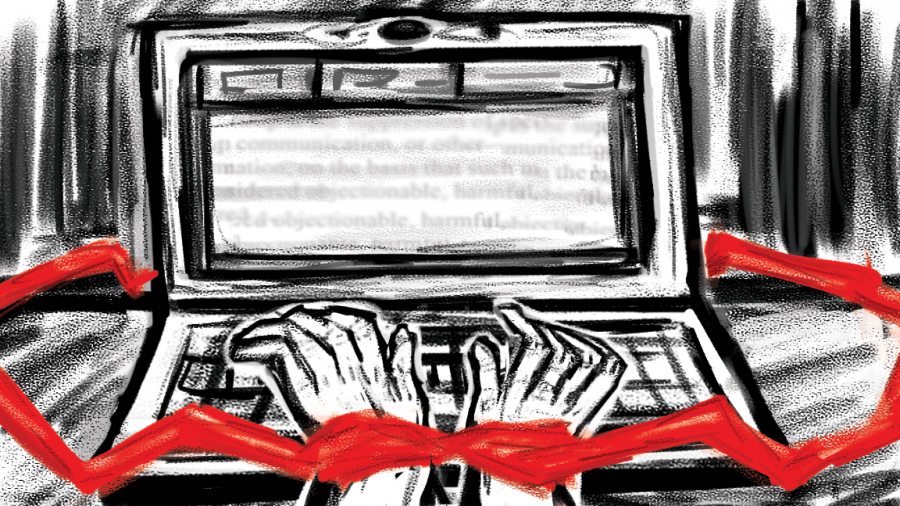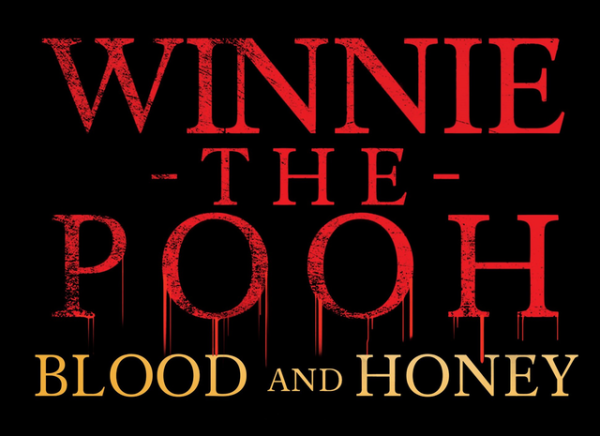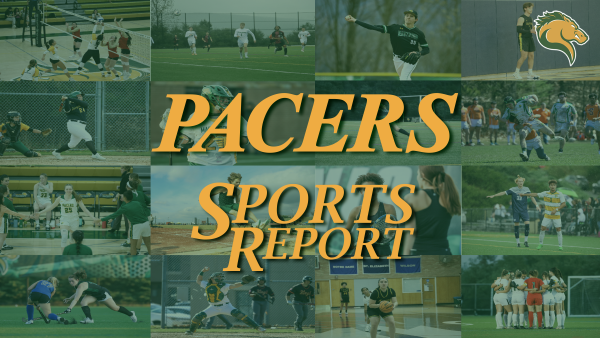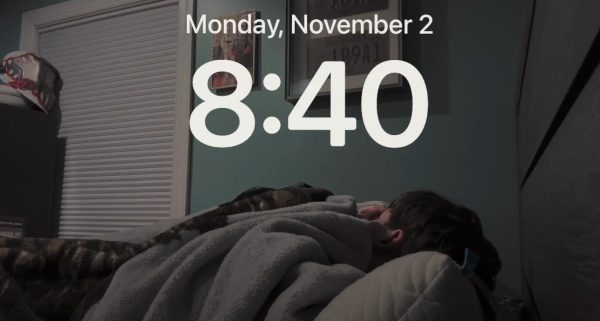OPINION: The worrying censorship from within
Photo credit/ Jennifer Flynn
Beyond the “fake news” phenomenon, executives at the Pittsburgh Post-Gazette and the Toledo Blade have been violating ethics standards with their censorship of journalists.
February 23, 2021
The world of journalism has been shaken up by recent accusations from sister publications the “Pittsburgh Post-Gazette” and the “Toledo Blade” that their executives have been censoring their stories, cartoons and reporting efforts or initiatives along political lines. While similar controversies have plagued the Post-Gazette in the two years since its new executive editor Keith Burris was hired, it nevertheless is extremely concerning to see such a visible threat to free press.
While there is so much to cover specifically related to the P-G and the Blade, here are the basics.
Both publications are owned by Block Communications, Inc., headquartered in Toledo, Ohio. Allan Block is the CEO. His wife, Susan, has come under fire for multiple social media posts containing anti-Muslim conspiracy theories about the Notre Dame cathedral fire and for supporting the insurrection at the Capitol earlier this year.
The P-G also came under fire after Burris published a controversial editorial titled “Reason as Racism.” The editorial claimed that then-President Trump’s comments about “shithole” countries were not racist rhetoric.
The editorial further advanced the argument that someone saying racist things doesn’t make them a racist. It then went a step further to say calling someone a racist today is equivalent to McCarthyism and the Red Scare, the period in the early Cold War in which many prominent Hollywood figures were accused of being communist sympathizers without much evidence and subsequently blacklisted. The editorial’s claims are, frankly, ridiculous.
While the P-G has generally been the more liberal paper in the Pittsburgh area compared to competitor the “Pittsburgh Tribune-Review”, the new leadership has skewed the paper more toward the right. Private corporations and companies are allowed to determine what gets published and what doesn’t, and what the angle on a specific story should be. These are decisions made in every newsroom across the country. However, the motivation behind these decisions should be questioned when necessary and are not immune from public scrutiny.
One such decision came last summer during the height of the Black Lives Matter protests nationwide. The P-G came under fire for sidelining two black reporters from covering the protests.
Reporter Alexis Johnson was removed from protest coverage for her social media posts. She tweeted pictures showing, from her viewpoint, that any destruction from the protest was no worse than a Kenny Chesney concert tailgate. This small and trivial reasoning felt a lot more like censorship than professional decision-making. Further feelings of censorship arose when P-G photographer Michael Santiago was removed from protest coverage after voicing his support for Johnson and risking his safety by covering the protests at close range, resulting in him being teargassed. The P-G then stopped covering the protests altogether.
Every news outlet in the country gave coverage to the attempted insurrection on Jan. 6 at the Capitol Building. Journalists were left cautiously deciding how to label the events as they unfolded, and what words were considered too extreme or biased. The consensus was that the people who stormed the Capitol were Trump supporters who were incited to violence by the former President.
However, the editors at the P-G and Blade chose to water down the coverage of the insurrection. Instead of calling the rioters Trump supporters, reporters were instructed to refer to them as “people who appeared to support President Trump.”
This series of censorship and attempts to muddy the waters of journalists’ reporting is seriously concerning. News should always be free and independent of political biases, and should stick to the facts of the matter. The fact that the Block family and Keith Burris are using their positions of power to influence the news to their liking is dangerous and frankly unethical.
Journalists are the gatekeepers of information, and that power must be used for good. If we allow the press to be manipulated or skewed depending on political perspectives, it becomes no more credible than pundit shows on cable television.
Contact the writer: [email protected]
Twitter: @e_tww















